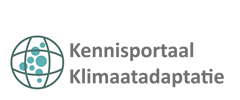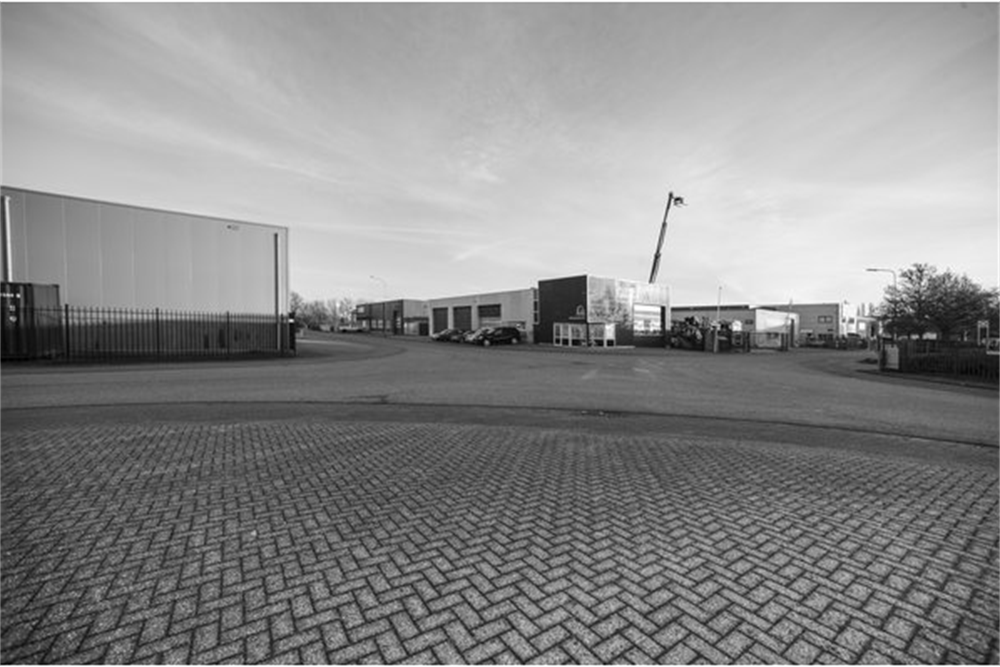Borsele conducting risk dialogues on freshwater availability
In 2017, Borsele was one of the first municipalities in the Netherlands to conduct a stress test. The city has been actively engaged in several risk dialogues for quite some time now. Some examples are the dialogue on a water-inclusive mindset, the new Green Structure Plan, and the Climate Street project in Nieuwdorp. The dialogue on a water-inclusive mindset is explained below.
What has prompted this risk dialogue?
The risk dialogue on a water-inclusive mindset was prompted by the stress test conducted by the town of Borsele. One of the outcomes of this test was that in summer, fruit crops receive insufficient water from the water mains, whilst in winter, they receive an excessive supply. But that was not the only reason. Meanwhile, new issues had arisen and administrators had switched seats. The risk dialogue was initiated by the town council.
How was the dialogue conducted?
This risk dialogue is mainly focused on freshwater retention. The municipality had set up several working sessions to discuss six cases. Several stakeholders participated in these sessions: agriculture organisation ZLTO, the provincial Milieufederatie ecology organisation, provincial authorities, district water boards, residents, and of course, the municipal authorities. Together, they discussed the issues, potential solution strategies, the parties to be involved, the costs, and who would be responsible for which case.
Which cases were discussed?
The working sessions focused on the following cases:
- How can we make more efficient use of the industrial freshwater mains that enters the municipality from the province of Brabant? In winter, water pressure is sufficient, but in summer, the pressure is much too low.
- How can we reuse the continuous freshwater flow from the Willem Annapolder wastewater purification plant?
- Can we store the rainwater that falls on the Het Sloe industrial estate somewhere, or have it infiltrate in the soil?
- If we raise the water level, would it be possible to store fresh water in existing ditches, creeks, water basins, and canals?
- Can the inversion ridges store sufficient rainwater?
- How can we retain rainwater on farms and in orchards?
What results have been achieved?
The working sessions have produced a range of results:
- The participants wondered whether water from the Brabant freshwater mains could be stored in winter, for example, on farmland. Calculations showed that such storage was feasible and would even enhance biodiversity.
- The volume of water produced by the Willem Annapolder wastewater purification plant falls short of expectations. Moreover, as the water contains such substances as medicine residue, it requires further treatment before it can be used by farmers. However, such treatment is quite expensive. This option will only be of interest in the event of increased water shortages.
- The rainwater that falls on Het Sloe can be stored or infiltrated. Overall, the industrial estate has a substantial water retention capacity and it might even qualify for EU subsidy.
Furthermore, this risk dialogue has enhanced commitment, solidarity, and collaboration among residents. This effect is also strongly manifest in the other risk dialogues. For example, in the Nieuwdorp Climate Street project, residents are closely involved in the design of their neighbourhood, and the municipal authorities have asked residents to provide input for a new Green Structure plan. This plan is aimed at encouraging all the villages to pay more attention to greenery, biodiversity, and climate adaptation.
Study into water storage in Sloegebied
For his final project, a student of Zeeland University of Applied Sciences has explored opportunities for rainwater storage in the Sloegebied industrial estate. This study (pdf, 4.5 MB) has generated sound basic insights. The authorities are planning a follow-up study to address this issue.
Collaboration is essential
Collaboration is, in fact, most important. A water-inclusive mindset is a topic that must be addressed collectively. Municipalities must not be afraid of engaging a range of different parties when setting to work. In many cases, they will find ample enthusiasm, willingness, and know-how among such other parties.
Contact person
Miora Maat-Rijk
Gemeente Borsele
Mmaat-rijk@borsele.nl

